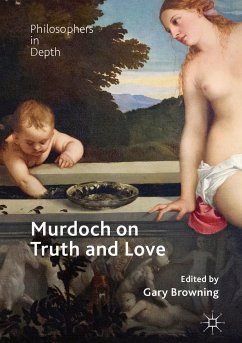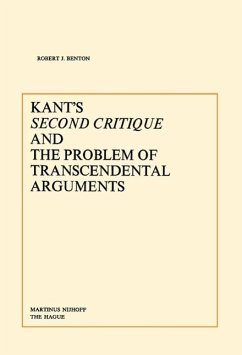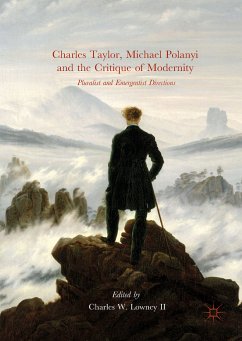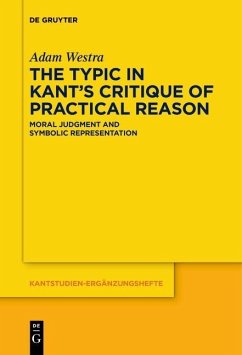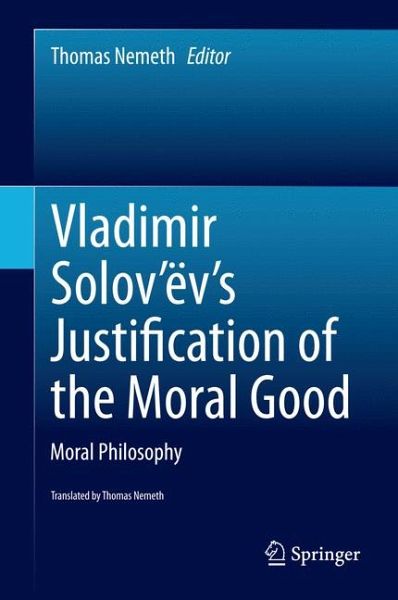
Vladimir Solov'ëv's Justification of the Moral Good (eBook, PDF)
Moral Philosophy
Redaktion: Nemeth, Thomas / Übersetzer: Nemeth, Thomas
Versandkostenfrei!
Sofort per Download lieferbar
72,95 €
inkl. MwSt.
Weitere Ausgaben:

PAYBACK Punkte
36 °P sammeln!
This new English translation of Solov'ëv's principal ethical treatise, written in his later years, presents Solov'ëv's mature views on a host of topics ranging from a critique of individualistic ethical systems to the death penalty, the meaning of war, animal rights, and environmentalism. Written for the educated public rather than for a narrow circle of specialists, Solov'ëv's work largely avoids technical vocabulary while illustrating his points with references to classical literature from the ancient Greeks to Goethe. Although written from a deeply held Christian viewpoint, Solov'ëv emp...
This new English translation of Solov'ëv's principal ethical treatise, written in his later years, presents Solov'ëv's mature views on a host of topics ranging from a critique of individualistic ethical systems to the death penalty, the meaning of war, animal rights, and environmentalism. Written for the educated public rather than for a narrow circle of specialists, Solov'ëv's work largely avoids technical vocabulary while illustrating his points with references to classical literature from the ancient Greeks to Goethe. Although written from a deeply held Christian viewpoint, Solov'ëv emphasizes the turn from his earlier position, now allegedly developing the independence of moral philosophy from metaphysics and revealed religion. Solov'ëv sees the formal universality of the idea of the moral good in all human beings, albeit that this idea is bereft of material content. This first new English-language translation in a century makes a unique contribution to the study of Solov'ëv's thought. It uses the text of the second edition published in 1899 as its main text, but provides the variations and additions from the earlier versions of each chapter in running notes. Other unique features of this translation are that the pagination of the widely available 1914 edition is provided in the text, and the sources of Solov'ëv's numerous Biblical quotations and references as well as literary and historical allusions.
Dieser Download kann aus rechtlichen Gründen nur mit Rechnungsadresse in A, B, BG, CY, CZ, D, DK, EW, E, FIN, F, GR, HR, H, IRL, I, LT, L, LR, M, NL, PL, P, R, S, SLO, SK ausgeliefert werden.





